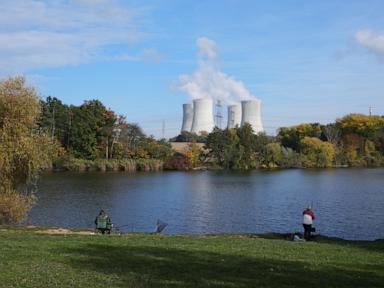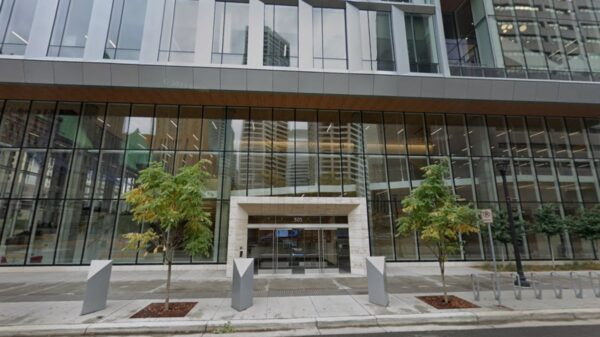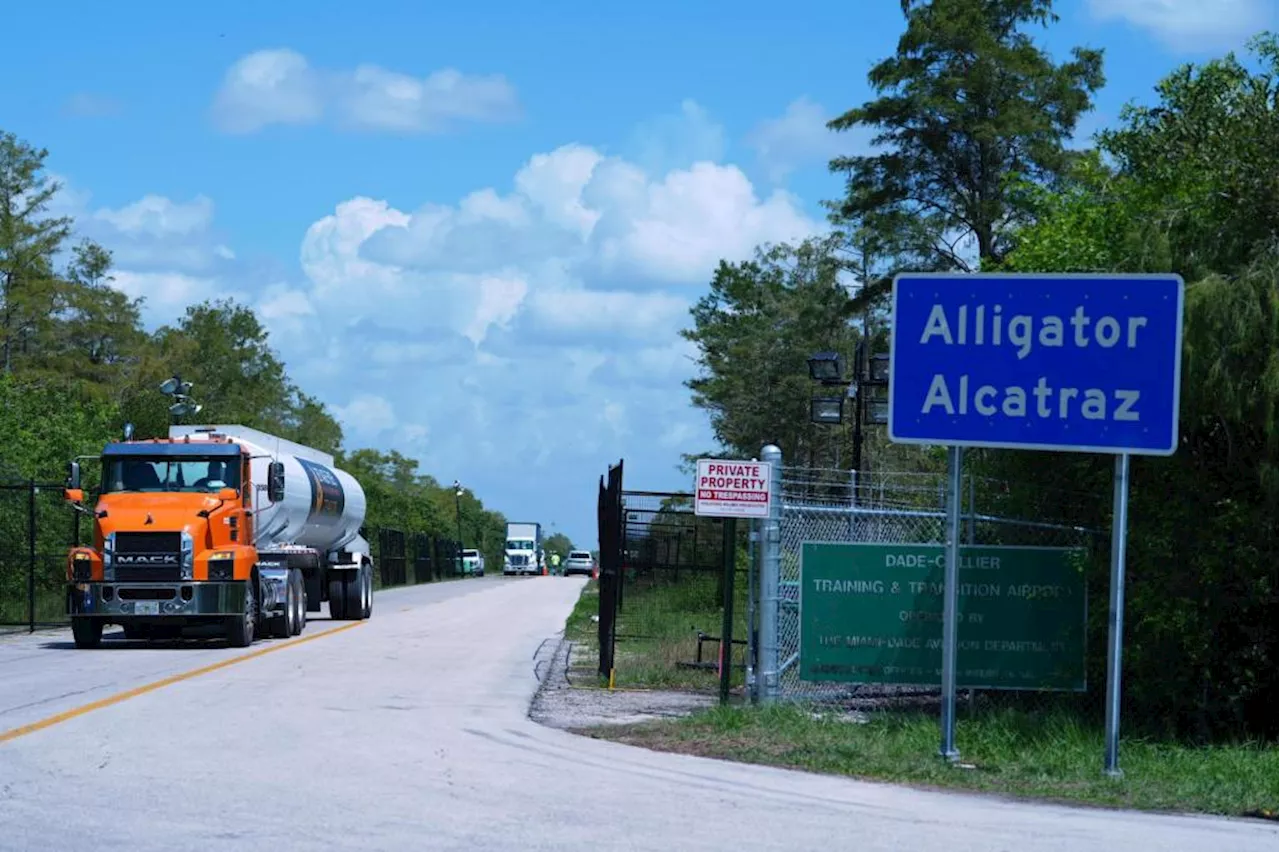An appeals court has temporarily halted a lawsuit aimed at challenging the operations of an immigration detention center located in the Florida Everglades. This decision by the U.S. Eleventh Circuit Court of Appeals follows a request from U.S. government attorneys, who cited funding issues stemming from a federal government shutdown.
The immigration detention facility, often referred to as “Alligator Alcatraz,” has faced scrutiny from environmental groups and the Miccosukee Tribe. These entities have raised concerns regarding the potential environmental impact and the lack of necessary regulatory reviews prior to the facility’s establishment.
Earlier this month, U.S. government attorneys urged the appellate court to stay the legal proceedings, noting that funding for the Justice Department and the Department of Homeland Security, both implicated in the case, had lapsed due to the ongoing government shutdown. On Wednesday, the court confirmed its agreement to the request, effectively pausing the lawsuit.
Background of the Legal Challenge
The detention center has been under legal fire since this summer, when environmental advocacy groups, including the Friends of the Everglades and the Center for Biological Diversity, filed a lawsuit against federal and state agencies. Their claim centers on the assertion that these agencies failed to adhere to federal laws mandating an environmental review for operations at the detention facility. Paul Schwiep, an attorney representing the environmental groups, expressed frustration over the situation, stating, “Apparently, the government has sufficient money and manpower to operate a detention center in the heart of the Everglades to detain foreign-born workers, but not enough to file a brief in court to justify its conduct, which the trial court held unlawful.”
The facility, built and operated by the state of Florida in partnership with private contractors, has recently faced operational interruptions due to the lawsuit. An injunction had previously ordered the center to wind down its operations. However, this order was paused in early September, allowing the facility to continue functioning while the legal battle unfolds.
Environmental and Legal Implications
The controversy surrounding the detention center goes beyond legal proceedings; it raises significant environmental concerns as well. The Everglades is a unique ecosystem that is home to various endangered species. Environmental advocates argue that the presence of a detention center within this critical habitat could have lasting negative effects.
Despite the legal issues, two additional lawsuits challenging the operations of the Everglades detention center are still advancing through federal courts in Florida. These cases further highlight the tension between immigration enforcement and environmental protection.
As the legal landscape evolves, the implications of the appeals court’s decision will be closely monitored by both supporters and opponents of the detention center. The outcome may set important precedents for the intersection of immigration policy and environmental law.
The situation remains fluid, with ongoing developments likely as the shutdown continues. Advocates on both sides of the issue are keenly aware that the next steps in these legal battles could significantly shape the future of immigration policy and environmental conservation in Florida.



































































